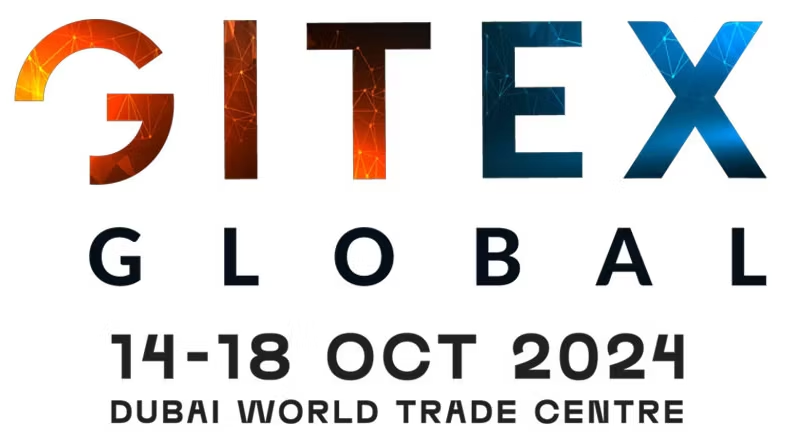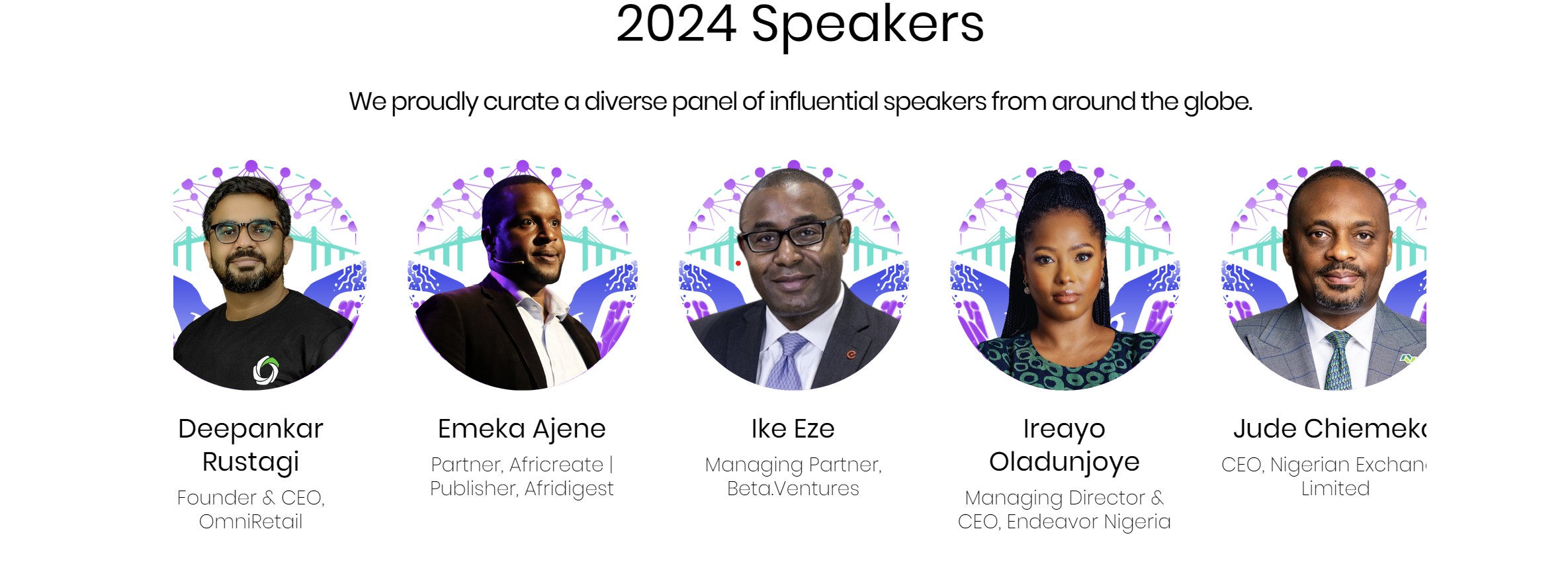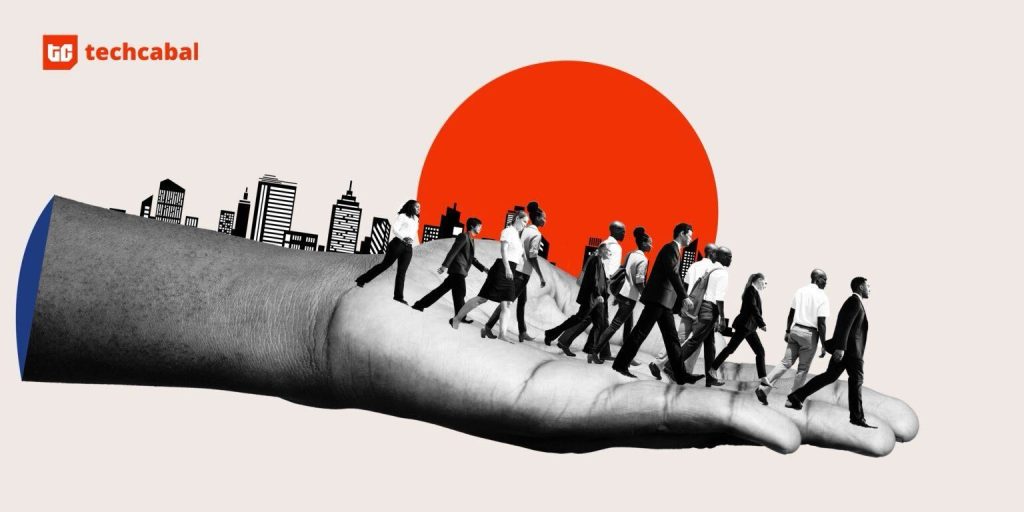
First published 29 September, 2024
Africa has made impressive progress in internet connectivity over the past decade, but gaps persist. Only 39% of the population has access to the internet, compared to the global average of 60%. Big Tech firms like Meta and Google have joined local ISPs and governments to lay undersea cables to increase access and lower costs. However, the cost of broadband on the continent is still higher by up to 356% for slower speeds than in other regions.

As of 2023, only 40% of SSA’s population had access to the internet. Image | Joseph Seun, TC Insights
Is satellite internet the future of connectivity in Africa? There is a frantic effort to bridge the digital gap in Africa, which has seen increased investments in fibre optics infrastructure and data centres. Satellite internet could be a game-changer in remote regions where traditional terrestrial infrastructure like cell towers and fibre optic cables struggle to reach. Local news outlets have captured the momentous events of the past two years in the industry, starting with Starlink’s entry into Africa and ending with significant price cuts, which have forced local ISPs to rethink their product offerings.
Next Wave continues after this ad.
Low Earth Orbit (LEO) satellite operators like Starlink, OneWeb and Amazon’s Kuiper have experimented with technology that promises to cut the cost of user terminals and installation which for a long time made satellite communication expensive. The companies have also positioned their satellites closer to the earth’s surface–as low as 1,000km–increasing information speeds, with rates of up to 300Gbps. With cheap terminals and wider coverage, satellite ISPs can beam internet to remote parts of Africa, bypassing the need for physical infrastructure.
Next Wave continues after this ad.
The deployment of Optical Intersatellite Links (OISLs) has further reduced the cost of satellite services such as TV and Internet. OISLs allow satellites to communicate with each other through light signals without multiple ground stations, reducing the need for more terrestrial infrastructure. For example, Starlink has only one gateway station in Africa despite its services reaching almost every corner of the continent. Operating a few ground stations implies lower operational costs and reduced consumer prices.
Next Wave continues after this ad.
Laying cables and building cell towers is time-consuming and capital-intensive. Achieving a 100% penetration rate has proved difficult despite billions of dollars in investments in the sector in the past decade. However, satellite technology has wider coverage, including areas where traditional infrastructure cannot go. For instance, OneWeb’s satellite can cover 75,000 square kilometres, an area more than double the size of Rwanda. Providing internet through satellites is easier and more scalable than laying thousands of kilometres of optical fibre.
The development of reprogrammable satellites is expected to revolutionise the industry even further. In 2021, the European Space Agency and Eutelsat a French satellite operator, launched Eutelsat Quantum, the first fully reprogrammable commercial satellite. Quantum can change its beam’s coverage and power of the signal transmitted in seconds, meaning it can provide services to new areas on demand, especially in times of natural disaster or emergency. For a continent still struggling with armed conflicts and managing natural disasters, satellite technology can guarantee uninterrupted connectivity.
Next Wave continues after this ad.
African countries have the most expensive internet relative to download speeds. With speeds of up to 200Mbps at about $45, Starlink has promised African customers better value. While users have lauded the entry of satellite ISPs, local players consider them a threat, which could scuttle the progress made. Kenya’s Safaricom has urged the regulator to block satellite ISPs without local partners from the market. African telcos should see this as an opportunity to innovate and reach the remaining 60% of people who are not connected.
Satellite internet will likely help close the digital divide on the continent, unlocking opportunities for millions of Africans. Companies like One Web, Amazon’s Kuiper and Starlink have shown innovation can subsidise the cost of the internet and increase accessibility which has been the biggest hurdle on the continent. African government should update regulatory frameworks to accommodate satellite ISPs.
Next Wave ends after this ad.
Adonijah Ndege
Senior Reporter, TechCabal
Thank you for reading this far. Feel free to email adonijah[at]bigcabal.com, with your thoughts about this edition of NextWave. Or just click reply to share your thoughts and feedback.
We’d love to hear from you
Psst! Down here!
Thanks for reading today’s Next Wave. Please share. Or subscribe if someone shared it to you here for free to get fresh perspectives on the progress of digital innovation in Africa every Sunday.
As always feel free to email a reply or response to this essay. I enjoy reading those emails a lot.
TC Daily newsletter is out daily (Mon – Fri) brief of all the technology and business stories you need to know. Get it in your inbox each weekday at 7 AM (WAT).
Follow TechCabal on Twitter, Instagram, Facebook, and LinkedIn to stay engaged in our real-time conversations on tech and innovation in Africa.































